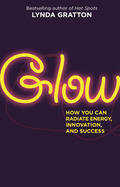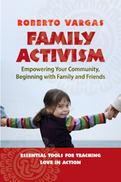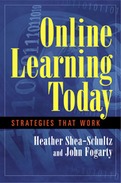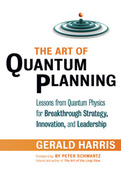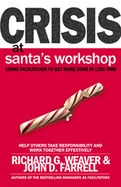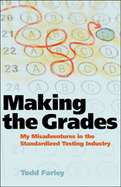2009
2008
Online Learning Today is an incisive, no-nonsense guide on why, how, when, and where to use e-learning. Shea-Schultz and Fogarty show why an organization should (or should not) implement e-learning, what should and should not be taught online, how to design and deliver it, and where to incorporate it in the organizational structure.
Addressing professionals who want to maximize the effectiveness of online learning in their own organization, the authors teach seven key strategies to ensure success. They show how to tailor courses to the needs of the learner; ensure enterprise-wide buy-in; leverage time- and money-saving benefits; get a grip on technology; effectively design course materials so people can and will use them; connect with global participants; and successfully partner across and outside the organization. Online Learning Today offers a unique new perspective on how organizations can truly leverage learning on the Internet.
- The first book to offer practical, proven strategies for truly effective online course design and delivery
- Shows the precise steps necessary to implement an e-learning initiative from the ground up and extend it throughout the enterprise
- Filled with insightful case studies and examples
- Offers sage advice from established leaders in the industry
Getting people in organizations to collaborate effectively has a more fundamental, long-lasting and far-reaching positive impact than any "technique of the month" put forward by the management guru of the moment. But it is also one of the hardest things to accomplish. In Crisis at Santa's Workshop Richard Weaver and John Ferrell use a whimsical fable to describe the Facilitation Process, a proven, step-by-step approach for helping people in organizations systematically focus on the right things, and build the kinds of collaborative relationships that enable them to exceed expectations and achieve "impossible' goals.
We follow Rune, Santa's Production Director, as he learns the use the Facilitation Process to deal with the most serious situation the workshop has ever faced. Having to produce hundreds of millions of toys to a one-day deadline has always been tough, but this year, due to changing demands and a variety of unforeseen circumstances they're further behind than ever before. As he masters the different steps of the process, Rune has to deal with an ongoing conflict between Pekka, his Wooden Toys Manager and Helmi, his Electronic Games Manager, as well as confront his own preconceived notions about the roles of managers and employees.
For the past 15 years, Weaver and Farrell have been helping organizations south of the North Pole, such as AT&T, Chrysler, NCR and many others use facilitation to achieve outstanding results. Now, in this witty and entertaining tale, managers can discover a blueprint for change, and workers at all levels can get a glimpse of their own potential to make a difference.
- From the authors of Managers as Facilitators --- more than 25,000 copies sold
- Presents a simple 3-step process with the potential to totally transform organizations and organizational processes
- Uses a fun fable format to make a potentially difficult subject interesting, engaging, and accessible to a wide audience
2011
“This book is dynamite! The nice personal voice makes it utterly accessible and enticing, wholly apart from the terribly important ammunition it provides to those of us in the `testing wars' at national and local levels.”—Jonathan Kozol, author of Savage Inequities
In this alternately amusing and appalling expos of the standardized test industry, fifteen-year veteran Todd Farley describes statisticians who make decisions about students without even looking at their test answers; state education officials willing to change the way tests are scored whenever they dont like the results; and massive, multi-national, for-profit testing companies who regularly opt for expediency and profit over the altruistic educational goals of teaching and learning. Although there are absurd moments--as when Farley and coworkers had to grade students based on how they described the taste of their favorite food-- the enormous importance of standardized tests in the post No Child Left Behind era make this no laughing matter.
Click here for Press Release


